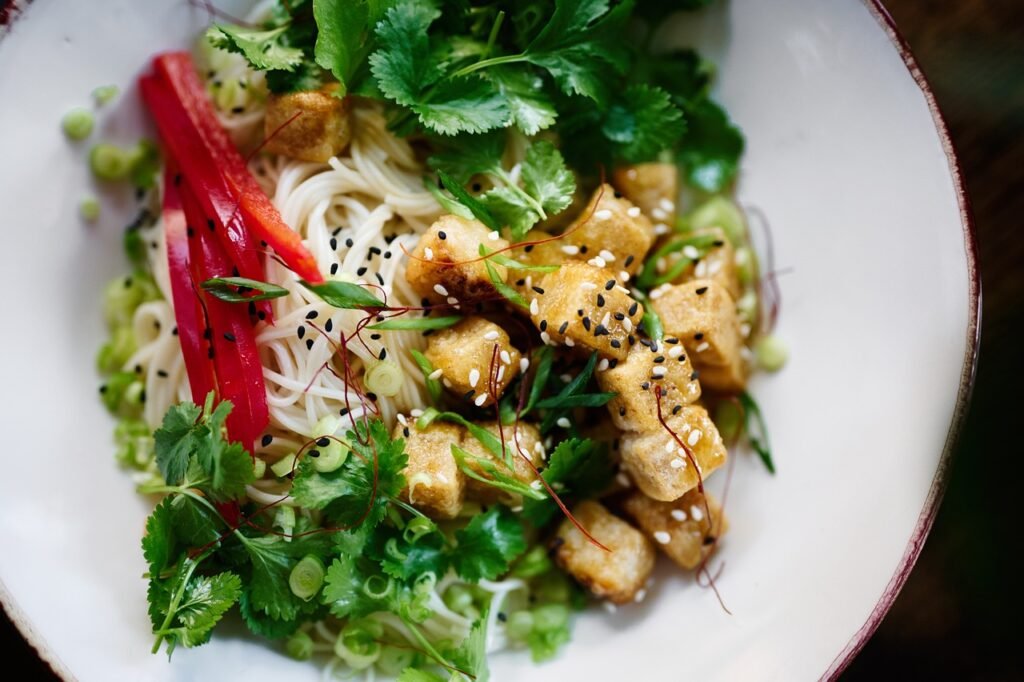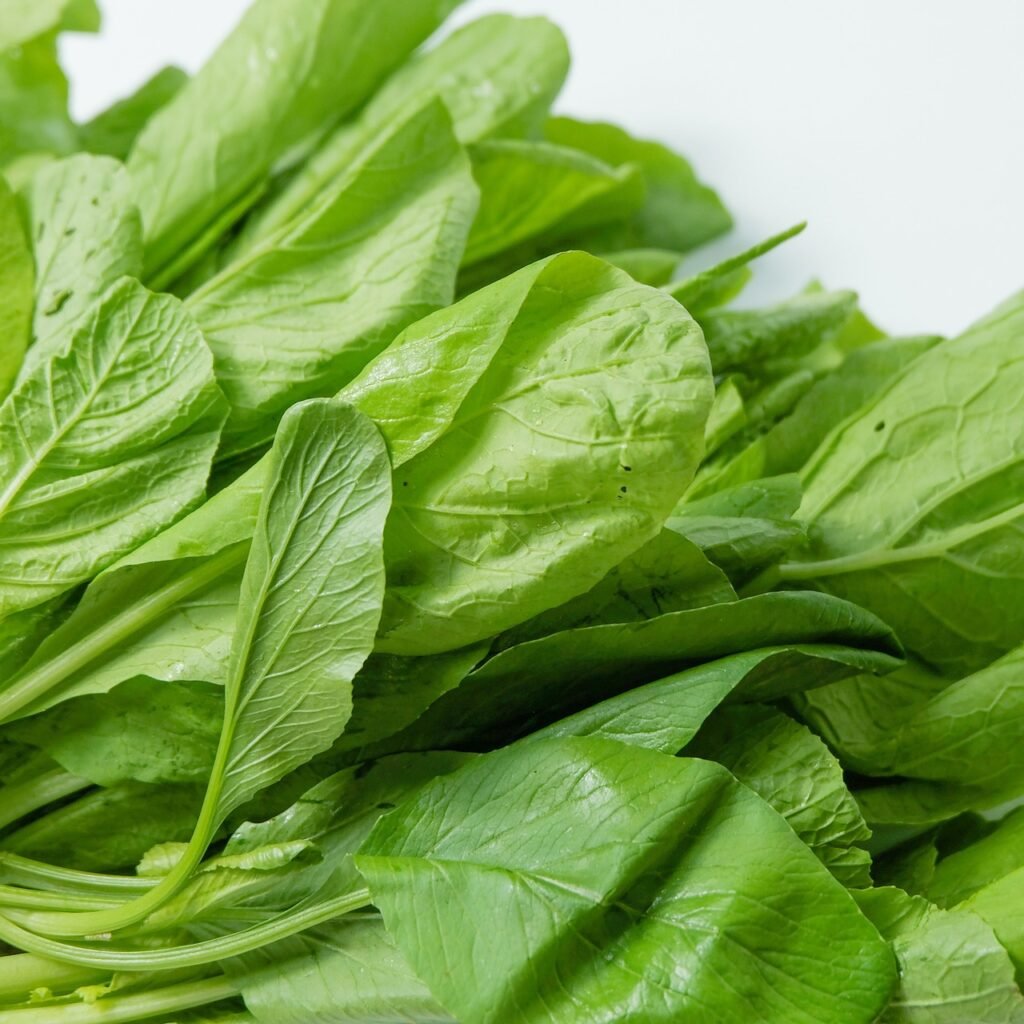environmental benefits but also for its potential role in health and weight management. For those seeking to shed pounds sustainably, a vegan diet can be an effective and nutritious solution. Unlike fad diets that promise fast results but often fall short in the long term, veganism offers a way to lose weight while nurturing the body with essential nutrients.
In this detailed guide, we’ll dive into the essentials of a vegan weight loss diet, the science behind it, and how you can leverage plant-based eating to reach your health goals. From basic principles and key foods to avoid common mistakes, you’ll learn everything you need to embark on a successful vegan weight loss journey.
Table of Contents
- Introduction to Veganism and Weight Loss
- The Science Behind Vegan Weight Loss
- Essential Nutrients for a Vegan Weight Loss Diet
- Building a Vegan Weight Loss Plan
- Top Vegan Foods for Weight Loss
- Common Mistakes in Vegan Weight Loss
- Vegan Weight Loss Meal Plans
- Exercise and Lifestyle Tips to Boost Vegan Weight Loss
- Supplements to Consider on a Vegan Diet
- Conclusion: The Sustainable Power of a Vegan Weight Loss Diet
1. Introduction to Veganism and Weight Loss
What Is a Vegan Diet?
A vegan diet excludes all animal products, including meat, dairy, eggs, and even honey. Instead, vegans rely on plant-based foods like fruits, vegetables, legumes, nuts, seeds, and whole grains for their nutritional needs. As a lifestyle, veganism often extends beyond diet to avoid animal exploitation in clothing, cosmetics, and other areas of life.
Why Choose Veganism for Weight Loss?
The rise in veganism for weight loss isn’t a coincidence. Studies consistently show that individuals following a vegan diet tend to have lower body mass indexes (BMI) than their omnivorous counterparts. Vegan diets, when done correctly, offer lower calorie densities, higher fiber intake, and an abundance of vitamins and minerals—all essential factors in promoting a healthy, sustainable weight loss journey.
Key benefits include:
- Lower Caloric Intake: Plant-based foods, particularly fruits and vegetables, tend to be less calorie-dense than animal products.
- High in Fiber: The high fiber content found in plant foods aids digestion and keeps you feeling full for longer, which can help prevent overeating.
- Nutrient-Dense: Vegan diets, focused on whole foods, are packed with essential nutrients like vitamins, minerals, and antioxidants, which support overall health and metabolism.
2. The Science Behind Vegan Weight Loss
Caloric Density and Weight Loss
One of the main factors contributing to weight loss on a vegan diet is the concept of caloric density. Foods with low caloric density provide fewer calories per gram, allowing you to eat larger portions while consuming fewer calories. Plant-based foods like vegetables, fruits, legumes, and whole grains generally have a much lower caloric density than animal products and processed foods.
For example, you could eat a massive bowl of vegetables and still consume fewer calories than a small portion of cheese or processed meat. This shift toward low-calorie, high-volume foods often leads to natural calorie restriction, which is essential for weight loss.
The Role of Fiber
A vegan diet is naturally high in fiber, which is a powerful tool for weight loss. Fiber slows digestion, helping you feel fuller for longer. It also stabilizes blood sugar levels, reducing cravings for unhealthy snacks and minimizing overeating. High-fiber diets have been linked to reduced body fat and improved weight management.
Metabolic Benefits of Veganism
Plant-based diets are also associated with improved metabolic health. Research suggests that vegans may experience better insulin sensitivity, lower blood sugar levels, and reduced risk of chronic conditions such as type 2 diabetes. These metabolic improvements can further support weight loss by optimizing the body’s fat-burning capabilities.
Gut Health and Weight Loss
The microbiome, or the ecosystem of bacteria in your gut, plays a vital role in weight regulation. A vegan diet rich in fiber promotes a diverse and healthy gut microbiota, which is linked to better weight management. Studies show that individuals with a more diverse gut microbiome tend to have a healthier weight and a lower risk of obesity.
3. Essential Nutrients for a Vegan Weight Loss Diet
While a vegan diet can provide all the nutrients necessary for optimal health, it’s crucial to pay special attention to certain nutrients that may require more effort to obtain, especially when aiming for weight loss.
Protein
Protein is essential for preserving muscle mass during weight loss and enhancing satiety. Contrary to popular belief, vegans can easily meet their protein needs through plant-based sources, including:
- Lentils
- Chickpeas
- Quinoa
- Tofu and tempeh
- Seitan
- Edamame
Iron
Plant-based iron, known as non-heme iron, is less readily absorbed by the body compared to heme iron found in animal products. Pair iron-rich foods (like spinach, lentils, and quinoa) with vitamin C-rich foods (like citrus fruits and bell peppers) to boost absorption.
Vitamin B12
Since vitamin B12 is primarily found in animal products, vegans should consider fortified foods or supplements to meet their needs. B12 is crucial for energy metabolism and overall well-being.
Omega-3 Fatty Acids
Omega-3s are essential for heart health and reducing inflammation. Plant-based sources include flaxseeds, chia seeds, hemp seeds, and walnuts. Consider taking an algae-based omega-3 supplement if necessary.
Calcium and Vitamin D
Calcium is essential for bone health, and it can be obtained from fortified plant milks, tofu, almonds, and leafy greens. Vitamin D, important for calcium absorption, can be synthesized from sunlight exposure or obtained through fortified foods or supplements.
4. Building a Vegan Weight Loss Plan
Step 1: Set Realistic Goals
Before embarking on a vegan weight loss journey, it’s essential to set realistic and attainable goals. Instead of focusing on rapid weight loss, aim for gradual changes that promote long-term health. A loss of 1-2 pounds per week is considered healthy and sustainable.
Step 2: Calculate Calorie Needs
To lose weight, you need to create a calorie deficit, which means burning more calories than you consume. Use an online calculator to determine your Total Daily Energy Expenditure (TDEE) and aim to consume 500-700 calories less than this number daily to lose weight safely.
Step 3: Focus on Macronutrients
- Protein: Include plant-based protein sources in every meal to support muscle maintenance and boost metabolism.
- Carbohydrates: Opt for complex carbohydrates like whole grains, legumes, and vegetables, which provide steady energy and help prevent sugar cravings.
- Fats: Include healthy fats from sources like avocados, nuts, and seeds in moderation. While fats are essential, they are calorie-dense, so keep portions in check.
Step 4: Meal Timing and Frequency
While meal frequency varies depending on personal preference, many people find success with three balanced meals and one or two small snacks per day. Eating at regular intervals helps prevent overeating and keeps your metabolism stable throughout the day.
5. Top Vegan Foods for Weight Loss
Incorporating the right plant-based foods into your diet can make a significant difference in your weight loss efforts. Here are some top choices that are both nutrient-dense and low in calories:
Leafy Greens

Spinach, kale, Swiss chard, and arugula are packed with fiber, vitamins, and minerals while being incredibly low in calories. They add bulk to your meals without contributing to your calorie count.
Cruciferous Vegetables
Broccoli, cauliflower, Brussels sprouts, and cabbage are high in fiber and nutrients. They also contain compounds that support the body’s natural detoxification processes, which can aid in weight management.
Legumes
Lentils, black beans, chickpeas, and peas are excellent sources of plant-based protein and fiber. They help stabilize blood sugar levels, reducing cravings and overeating.
Whole Grains
Quinoa, brown rice, oats, and farro are rich in fiber and complex carbohydrates, providing sustained energy and keeping you full for longer periods.
Fruits
Berries (blueberries, strawberries, raspberries), apples, pears, and citrus fruits are low in calories but high in fiber and antioxidants. They make for perfect snacks or additions to meals.
Nuts and Seeds (in moderation)
Chia seeds, flaxseeds, almonds, and walnuts offer healthy fats and protein, which help keep you satisfied. However, since they are calorie-dense, portion control is key.
6. Common Mistakes in Vegan Weight Loss
While a vegan diet can be highly effective for weight loss, it’s essential to avoid certain pitfalls that may hinder your progress.
Overeating Processed Vegan Foods
Just because a food is labeled vegan doesn’t mean it’s healthy. Many vegan junk foods, such as cookies, chips, and faux meats, are highly processed and packed with sugars, unhealthy fats, and empty calories. Focus on whole, minimally processed foods for the best results.
Skipping Protein
Protein plays a crucial role in weight loss by promoting satiety and supporting muscle mass. Ensure that you’re including adequate plant-based protein sources in each meal.
Ignoring Nutrient Deficiencies
Vegan diets can be low in certain nutrients like vitamin B12, iron, and omega-3s if not carefully planned. Neglecting these nutrients can lead to fatigue, which can derail your weight loss efforts. Incorporate fortified foods or supplements where necessary.
Eating Large Portions of High-Calorie Foods
While plant-based foods are generally low in calories, it’s still possible to overeat calorie-dense foods like nuts, seeds, and oils. Keep an eye on portion sizes, especially with these foods.
7. Vegan Weight Loss Meal Plans
Here’s a sample vegan weight loss meal plan to help you get started. This plan is nutrient-dense and balanced, focusing on whole foods that promote satiety and support weight loss.
Day 1
Breakfast:
- Chia seed pudding with almond milk, topped with mixed berries and a sprinkle of hemp seeds.
Snack:
- Apple slices with a tablespoon of almond butter.
Lunch:
- Quinoa salad with spinach, chickpeas, cucumber, cherry tomatoes, and lemon-tahini dressing.
Snack:
- Carrot sticks and hummus.
Dinner:
- Stir-fried tofu with broccoli, snap peas, and brown rice, seasoned with tamari and sesame seeds.
Day 2
Breakfast:
- Green smoothie with spinach, kale, banana, chia seeds, and a scoop of vegan protein powder.
Snack:
- Handful of almonds and a piece of dark chocolate (70% cocoa or higher).
Lunch:
- Lentil soup with carrots, celery, and herbs, served with whole-grain toast.
Snack:
- Mixed fruit bowl (kiwi, orange, and pineapple).
Dinner:
- Sweet potato and black bean tacos with avocado, salsa, and a sprinkle of nutritional yeast.
8. Exercise and Lifestyle Tips to Boost Vegan Weight Loss

Incorporating physical activity and healthy lifestyle habits is crucial to complement your vegan weight loss diet. Here are some tips:
Cardio
Engage in cardiovascular activities like running, cycling, swimming, or brisk walking. Aim for at least 150 minutes of moderate-intensity cardio per week to burn calories and improve heart health.
Strength Training
Strength training is essential to build and preserve muscle mass, which boosts metabolism. Include bodyweight exercises like squats, lunges, and push-ups or lift weights 2-3 times per week.
Mindful Eating
Practice mindful eating by paying attention to your hunger and fullness cues. Avoid distractions like TV or smartphones during meals, and eat slowly to fully enjoy your food and prevent overeating.
Sleep and Stress Management
Sleep and stress levels significantly impact weight loss. Aim for 7-9 hours of quality sleep each night, and incorporate stress-relieving practices like meditation, yoga, or deep breathing.
9. Supplements to Consider on a Vegan Diet
While a well-planned vegan diet can meet most nutritional needs, certain supplements may be necessary for optimal health:
- Vitamin B12: Since B12 is only found in animal products, consider taking a supplement or eating fortified foods.
- Vitamin D: Depending on your sunlight exposure, a vitamin D supplement may be necessary, especially in the winter months.
- Omega-3 Fatty Acids: Algal oil supplements can provide essential omega-3s, particularly DHA and EPA, which are otherwise found in fish.
- Iron: If you have trouble meeting your iron needs through food alone, consider an iron supplement, especially for women of childbearing age.
10. Conclusion: The Sustainable Power of a Vegan Weight Loss Diet
A vegan weight loss diet offers a holistic approach to health, focusing on nourishing the body with plant-based, nutrient-dense foods. By emphasizing whole foods and avoiding processed junk, you can achieve sustainable weight loss while supporting long-term health. Remember to balance your macronutrients, focus on key nutrients, and incorporate regular physical activity for optimal results.
The key to success is consistency, so give yourself time to adjust to the changes, and enjoy the process of nourishing your body with plant-based goodness. Whether you’re looking to shed a few pounds or overhaul your health, the vegan diet provides a powerful, sustainable, and compassionate way to reach your goals.


